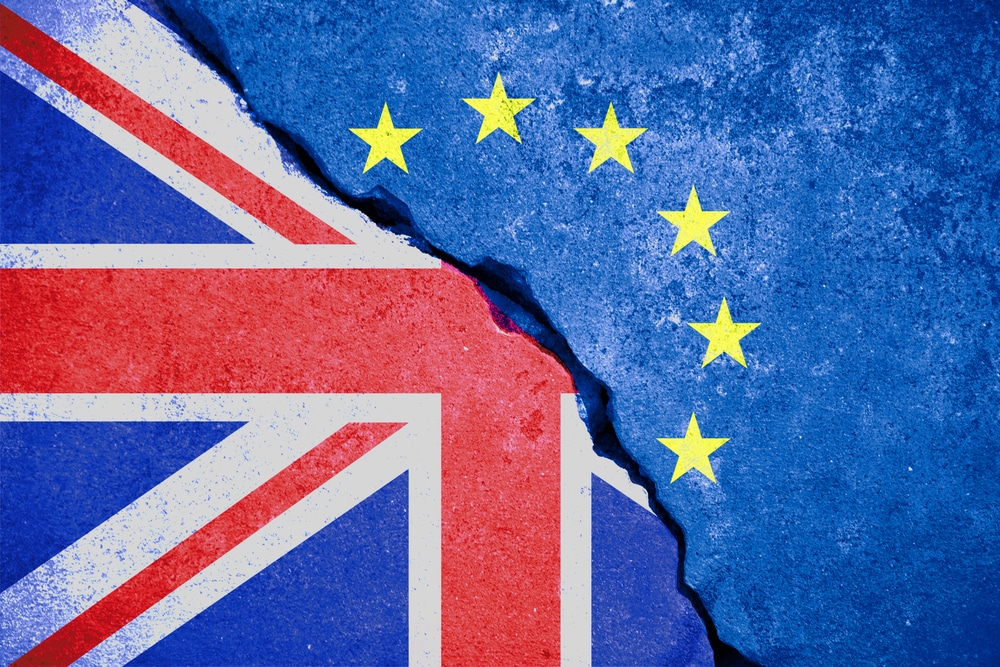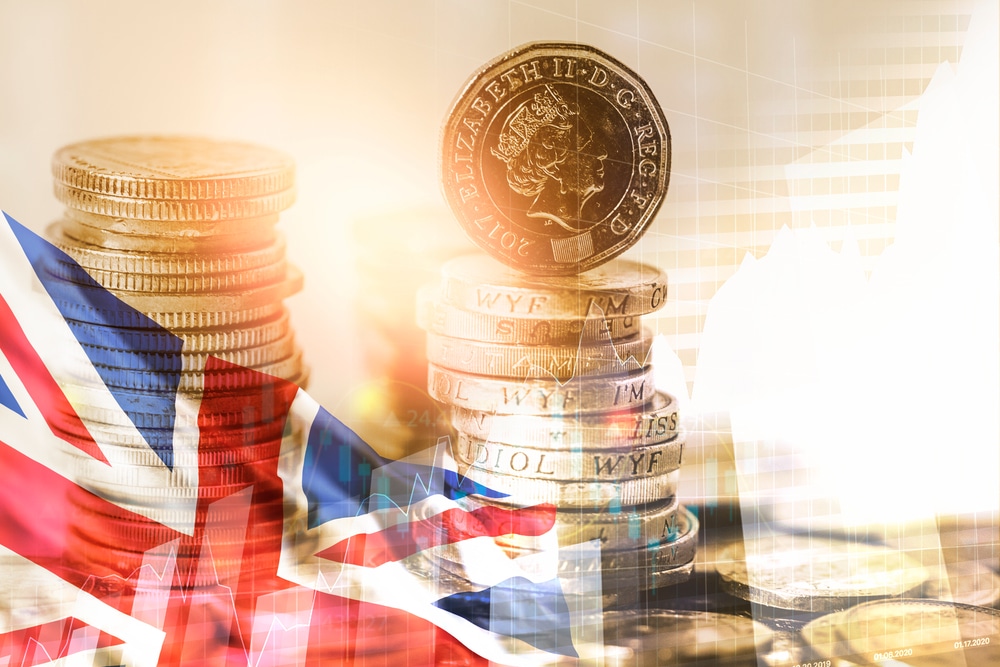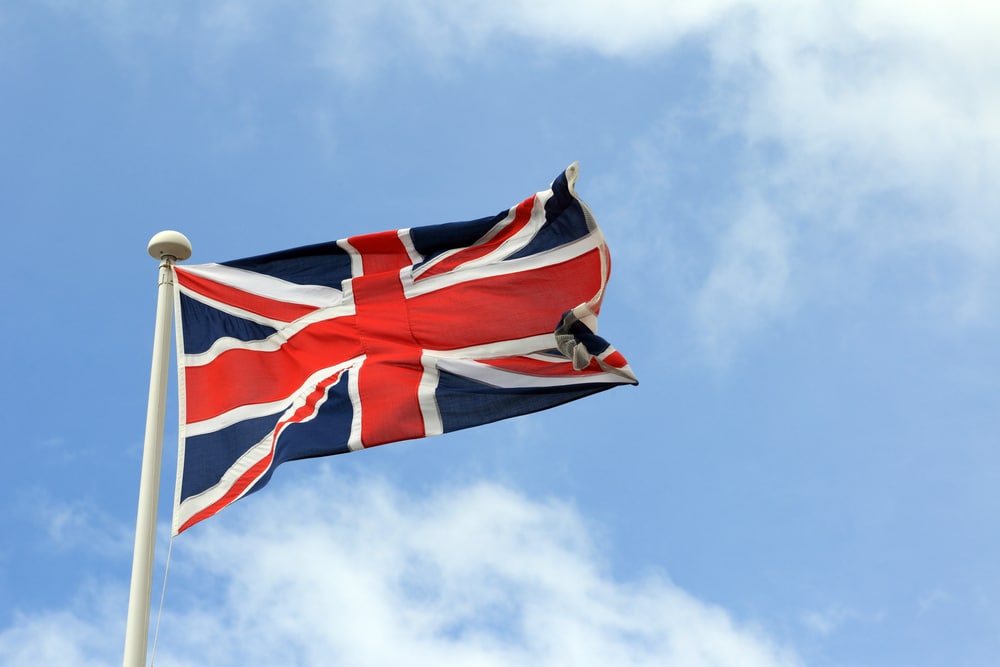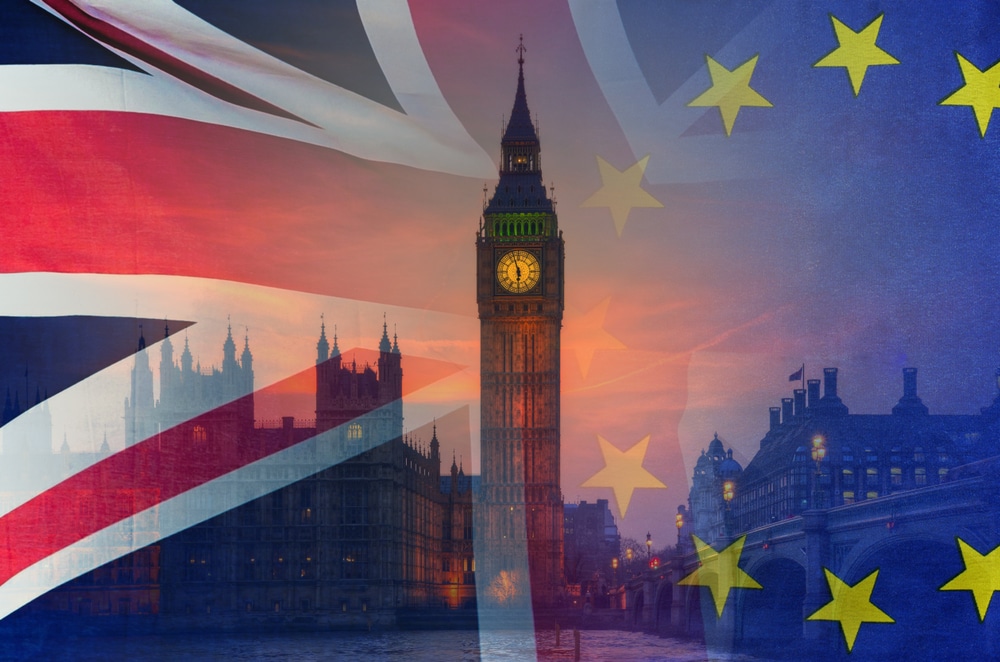Jasmine Birtles
Your money-making expert. Financial journalist, TV and radio personality.

Some readers have asked, quite reasonably, what I meant when I said recently that I can see that there are some benefits of Brexit.
This was in relation to an interview I did with Nigel Farage about finance. I’m a big fan of the Fortune and Freedom newsletter, which he fronts, and he and the team behind F&F really like MoneyMagpie, so we have swapped links for each others’ newsletters.
On the subject of Brexit…yes, after my initial fury, then resentment (which lasted a couple of years), I have come to see some benefits and I understand better why my Brexiteer friends voted, and in some cases campaigned, as they did.
Here are some of the benefits that I see, starting with negative ones (as it were) and then the potential positives – sadly most are dependent on our government making the right decisions though *sigh*. The situations with Northern Ireland and the fishing industry, among others, show what problems can come up when Ministers don’t do their jobs properly.
You may have other ideas – feel free to put them in the comments below.
First, the ‘negative’ benefits – in other words, the unpleasant possibilities that we have avoided.

You may have noticed some quite dangerous rumblings from Poland recently, essentially refusing to be ruled by EU law if they didn’t like those laws. This article in UnHerd explains the situation clearly.
Poland has had a fractious relationship with the EU for a while, as has Italy, and both countries have come close to throwing out their membership in the last few years.
Now that the EU has actually ruled that Poland will have to pay a fine of €1bn a day until they agree to be ruled by EU law, things have come to the point where a Polexit is a distinct possibility.
There are rumblings in all the EU member countries, of course, as certain political groups see it has holding their country back in some way. None of these will necessarily create a real parting of the ways, but the signs are there.
Essentially there is an increasing possibility that the EU could fall apart completely.
Of course any Remainer could point out that if that happened then Brexit would be the obvious initial culprit as the UK’s exit from the Union will have set the precedent for other countries to follow.
Others would say that it would have happened anyway at some point because of the nature of the EU. We will never know.
It’s academic right now anyway. None of the other member states have actually said outright that they are even considering tearing up their membership, so it may never happen.
It just looks increasingly like it might. If it does break up, the UK will have dodged a bullet. Also, if the EU falls apart, the UK will look like an even better investment bet for outside investors.
Have you heard of Target 2? I hadn’t until I watched this really informative interview with Nick Hubble who has written a book called ‘How the Euro Dies‘.
It’s weird and confusing and, according to many, it doesn’t matter. But as Hubble explains…it actually could matter and matter a lot to the whole structure of the EU.
It wouldn’t have affected us directly as we were not in the Euro, but it would have affected us ultimately as it has the potential to bring the whole Union down.
Essentially, Target 2 is a rule that ‘rebalances’ payments between member states. So when Greece buys BMWs from Germany the money they send to Germany automatically goes back to Greece (on paper at least). Same when Germany buys olive oil from Greece. However, as you have probably already realised, much more money goes to Germany (and therefore back to Greece) from Greek people buying BMWs than goes the other way. So this (on paper) imbalance is growing every year.
Essentially, the real benefit of separating from the EU (apart from the billions of pounds we save each year as we were net contributors to the EU’s coffers) is the fact that we in Britain can make many more of our own decisions about trade, about laws and about who we connect with on the global stage.
This of course will only really be beneficial if Her Majesty’s government makes good and brave decisions going forward. I say ‘Her Majesty’s’ because increasingly I feel it’s not my government…but that’s for another article!
Anyway, the government’s mission, should they choose to accept it, could include some or all of the following:

We have heard a lot about staff shortages in certain low-paid sectors such as HGV drivers, food production and hospitality. Some are blaming it on Brexit but, as it happens, various other countries are experiencing the same shortages – some of them worse than in the UK. The USA, China, Germany, for example, are also experiencing these workforce shortages and are likely to for a while to come.
In the UK it’s likely that Brexit has exacerbated (though not caused) this situation as people who went home during the lockdowns either can’t or don’t want to come back and take up these low-paid jobs again.
One solution (already suggested by some) is to make it easier for European and other nationals to come into the country – something that Brexit was supposed to prevent. This would help in the short-term but long-term we would still have the problem of low-paid (often below living wage) jobs that are hard and unpleasant to do that no one but the desperate would take up.
If we profess to believe in equality, in fairness and in enabling all workers to feed their families and have somewhere decent to live, we have to accept that some wages are going to have to go up and we will have to stop relying on cheap, foreign labour to shore up our pleasant standard of living.
I’m speaking of myself here as I am one of those who did very nicely out of our involvement with the European Union, particularly when it came to keeping prices down through cheap labour. All that has happened in the last few years, though, has made it clear that we have to readjust the balance so that workers in all sectors can earn enough to feed and house themselves and their families. As a friend of mine pointed out recently, her grandfather was one of the northern miners who marched to London decades ago demanding fair wages to feed their families. It shouldn’t be, she added, that the situation is the same now. All workers should be able to have a decent standard of living on their wages.
Many, many Labour voters voted for Brexit for just this reason: they saw that mass immigration was keeping their wages down and increasing the pressure on our health service, social services and housing. They saw our involvement with the EU as facilitating yet more unfettered immigration to keep wages down and living costs up. We’re going to have to face this lack of equality at some point and now seems to be a good time to do it.
Probably the most contentious element of EU membership has been the imposition of laws governing the way we behave as individuals and as a country by representatives of other European countries.
Many of the EU’s laws and rules have been good and progressive (the one governing mobile phone roaming charges comes to mind for example), but many others have been very unpopular in the UK and can now potentially be repealed.

There are a few possible advantages Brexit gives us in global trade:
David Murrin, economic and geopolitical forecaster, explains in this interview why he thinks we are perfectly placed to take the lead globally while America and the EU decline, and China tries to take over.
It’s worth watching the video, even though it is long, to hear his interesting take on how countries, individuals and empires rise and fall and where he believes we are in history now.

Personally I think that the idea of a ‘common market’ for nations that consider themselves European, is a pretty good idea. That was the original entity that we signed up to in order to improve our economy and facilitate trading with other European countries.
But what was originally about trade morphed into a bloated and ‘Big State’ behemoth that has wasted money faster than any of our ‘living-on-expenses’ MPs could ever have dreamt of. Right now the EU has 10,000 civil servants who are paid more than our prime minister, and decisions are made primarily by Germany and France.
It has also become a protectionist entity rather than a supporter of free trade. As the late Sir Keith Joseph wrote in a foreword to a book about the EU by FT journalist Martin Wolf: “It is a paradox that an entity conceived in The Treaty of Rome as a liberal force has evolved into being a protectionist one. Supra-national protectionism is not new to the theatre of politics. Imperial Preference was the same illusion based on a different geography.”
I believe that ‘countries that trade together stay together’ – or at least it’s less attractive for them to start a war – and it would be helpful for European countries to be allied in some form of open trading, but not force each state to have the same currency and laws. Europe is not a level playing field and it’s not wise to try to straight-jacket more vulnerable economies to fit in with the more robust ones.
However, the current system would need to break up in order for a newer and more loosely-based trading alliance to be created. It’s possible that we are witnessing this happening already (though very, very slowly). If so, it would be good for Britain to come up with a better blueprint for a European trading alliance in the next few years.

It was great Idea in 1955 when it was set up
We were sold the idea by Edward Heath
that it was a trading partnership. very quickly it became
a gravey for politicians who we had never heardof
Wonderful to see the benefits of Brexit.